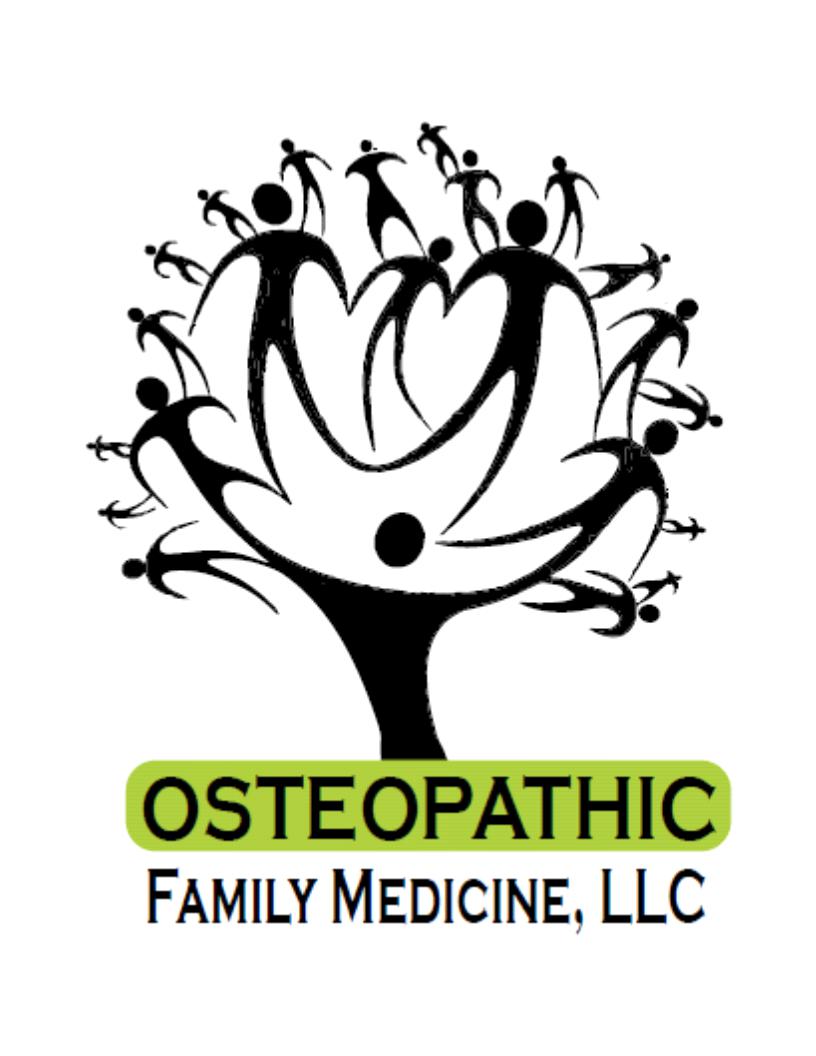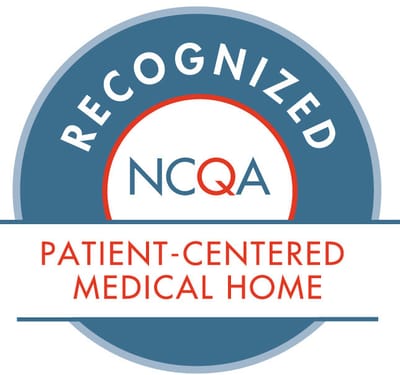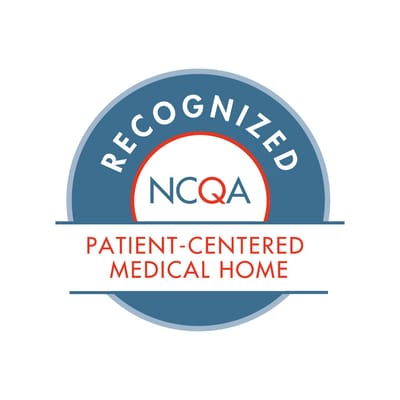Welcome To Osteopathic Family Medicine, LLC
Call our office at 401-284-4555 for an appointment.
We are not currently taking new patients.
Our fax number is: 888-781-7202
Check out our Winter Newsletter below.
See the RI Dept of Health stance on vaccinations here.
Winter 2025/6 Newsletter
Osteopathic Family Medicine — Winter 2025–2026 Newsletter
From the desk of Dr. Aaron Way
❄️ A warm hello for winter
Winter has arrived in Rhode Island, and with it comes a season that often keeps families indoors and germs circulating. At Osteopathic Family Medicine, LLC, our goal is to help you stay well, catch problems early, and get the care you need—whether that’s in the office or from the comfort of your home.
We’re happy to share winter updates, reminders about respiratory illness season, and a few ways we can work together to keep our whole community healthy.
🏥 Our second office is open and fully operational
Our second Wakefield location is now open and offering the full spectrum of primary care visits, just like our Cherry Lane office.
46 Holley Street, Wakefield, RI 02879
(Behind Ocean State Job Lot)What this means for you:
- Same providers and care philosophy
- Same phone number: 401-284-4555
- Same hours as our Cherry Lane office
- Full access to preventive visits, sick visits, chronic care, and care coordination
Both locations share the same medical records and patient portal, making scheduling and continuity of care seamless.
🤧 Cold, Flu, or COVID? How to tell the difference
Winter is peak season for respiratory illnesses, and symptoms can overlap.
Common symptoms at a glance
| Symptom | Common Cold | Flu | COVID-19 |
|---|---|---|---|
| Fever | Rare or mild | Common, often high | Common |
| Body aches | Mild | Moderate–severe | Moderate |
| Fatigue | Mild | Severe | Moderate–severe |
| Cough | Common | Common | Common |
| Sore throat | Common | Sometimes | Sometimes |
| Sudden onset | No | Yes | Variable |
A helpful rule of thumb:
- Flu tends to come on suddenly and hits hard
- Colds usually start gradually and stay milder
- COVID-19 can look like either and varies widely
🧪 Same-day sick visits & in-office testing
We offer same-day sick visits whenever possible, with in-office testing for COVID-19, influenza, and strep throat. Early testing can help guide treatment decisions and, in some cases, allow us to start antiviral medications when appropriate.
Please call us promptly if you develop:
- Fever
- Worsening cough
- Shortness of breath
- Symptoms that are getting worse instead of better
💻 Telehealth: protecting our most vulnerable
Telehealth visits are available most days and are a great option if you:
- Have a positive home test for flu or COVID-19
- Are feeling too ill to travel
- Want to reduce exposure to others
Using telehealth helps:
- Protect immunocompromised patients, including those with diabetes, chronic lung disease, heart disease, or undergoing cancer treatment
- Protect our staff
- Keep our workforce strong so we can continue caring for the entire community
We’re happy to help you decide whether telehealth or an in-person visit is best for your situation.
🌟 Meet Julia Lawrence, APRN, FNP-C
We’re pleased to welcome Julia Lawrence, APRN, FNP-C to Osteopathic Family Medicine, LLC. Julia is a Rhode Island native and board-certified Family Nurse Practitioner who provides patient-centered, holistic care focused on the whole person—mind, body, and lifestyle.
Julia earned her nursing and nurse practitioner degrees from the University of Rhode Island and brings experience from Newport Hospital’s inpatient rehabilitation unit as well as outpatient dermatology. She is available for same-day sick visits, when possible.
Julia sees patients for preventive care, chronic condition management, and acute concerns. We’re excited to have her as part of our team and look forward to introducing her to our community.
To schedule, call 401-284-4555 or use the patient portal.
💉 Vaccines available all winter
We continue to offer flu and COVID-19 vaccines throughout the winter, along with pneumonia vaccines for eligible patients.
- Flu vaccine: recommended yearly for everyone 6 months and older
- COVID-19 vaccine: recommended per current guidance
- Pneumonia vaccines: important for older adults and those with certain medical conditions
If you’re due for a yearly physical or Medicare Annual Wellness Visit, vaccines can often be given at the same appointment.
🎄 Winter holiday hours
- Christmas Eve: Closing early
- Christmas Day: Closed
- Friday after Christmas: Closed
- New Year’s Eve: Closing early
- New Year’s Day: Closed
After-hours coverage remains available when the office is closed.
📞 How to reach us
Phone: 401-284-4555
Patient Portal & Scheduling:
https://myupdox.com/portal/osteopathicfamilymedicine/html/index.html
After-hours care:
- Press 1 for non-urgent messages
- Press 2 for urgent, non-life-threatening issues
- For emergencies, always call 911
💙 Thank you for being part of our community
We are grateful for the trust you place in us and remain committed to providing thoughtful, preventive, and patient-centered care—through every season.
Wishing you a safe, warm, and healthy winter,
Dr. Aaron Way and the Osteopathic Family Medicine Team
Osteopathic Family Medicine, LLC
55 Cherry Lane, Wakefield, RI
46 Holley Street, Wakefield, RI

About
Personalized, Quality, Primary Healthcare for your entire family
Founded by Dr. Aaron Way, an experienced osteopathic physician (DO), OFM has been serving the Southern Rhode Island community since 2008. At our practice, we prioritize treating the whole patient, embracing a comprehensive approach to healthcare. We invite you to explore our website for valuable information and encourage you to reach out to schedule an appointment to meet with our team.
To learn more about our providers, please visit the Providers link on our website. Additionally, as part of the largest independent physician organization in the state, we are proud to be affiliated with the Rhode Island Primary Care Physicians Corporation. For further details, we invite you to visit their website.
What sets DOs apart? Osteopathic physicians are fully licensed to prescribe medication and practice in all specialty areas, including surgery. They approach medicine with a focus on the whole person, emphasizing preventive healthcare. DOs undergo additional training in the musculoskeletal system, which comprises the interconnected network of nerves, muscles, and bones that make up a significant portion of the human body mass.
To find a DO near you, we recommend visiting http://www.osteopathic.org, where you can locate qualified practitioners in your area.


Meet our Providers
NCQA/PCMH Certification

“Recognition shows that Osteopathic Family Medicine, LLC has the tools, systems and resources to provide its patients with the right care, at the right time.
About the NCQA (National Committee for Quality Assurance) Patient-Centered Medical Home Program
- The NCQA Patient-Centered Medical Home program reflects the input of the American College of Physicians (ACP), American Academy of Family Physicians (AAFP), American Academy of Pediatrics (AAP) and American Osteopathic Association (AOA) and others.
- It was developed to assess whether clinician practices are functioning as medical homes and recognize them for these efforts.
- The NCQA Patient-Centered Medical Home standards emphasize the use of systematic, patient-centered, coordinated care that supports access, communication and patient involvement.







